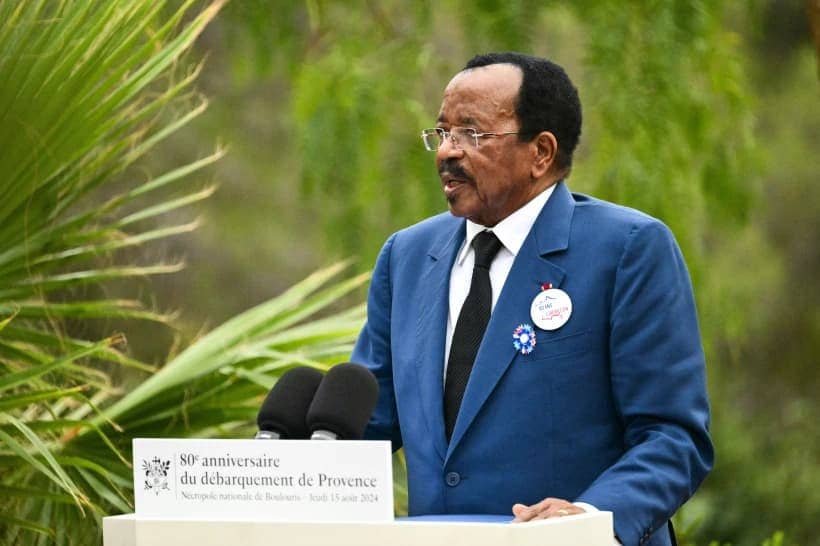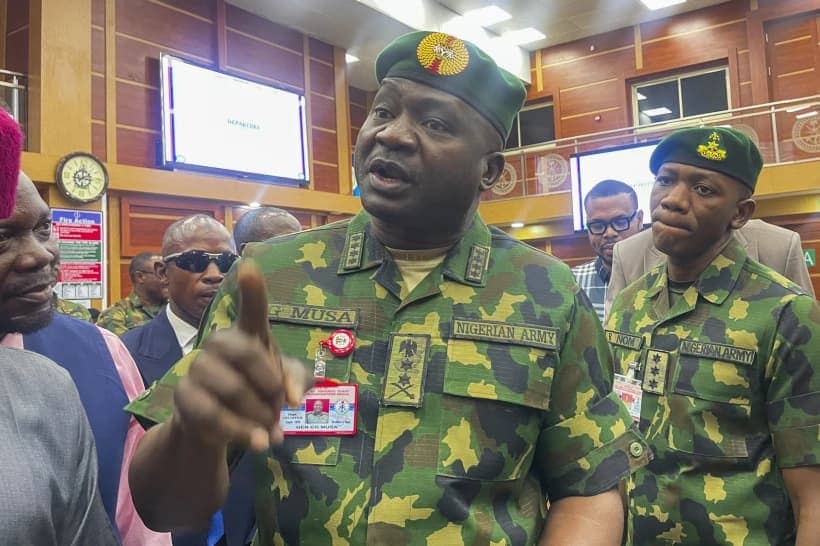YAOUNDÉ, Cameroon – Funding from the Gulf States is one of the reasons extremism is growing in Burkina Faso, according to a representative of Aid to the Church in Need (ACN), a pontifical charity.
Over a dozen people have been murdered in a series of attacks on churches over the past month in the country which is in the Sahel region, where the Sahara region meets sub-Saharan Africa.
“Since 2012, there has been a rise in anti-Christian rhetoric. The radical ideology which includes demanding that Christians convert has been spread by groups such as Ansarul Islam, the Group to Support Islam and Muslims and Islamic State in the Greater Sahara. The Gulf States have also contributed to fund the emergence of a radical form of Islam in Burkina Faso and elsewhere,” said Edward Clancy, the director of outreach for ACN.
Beginning in 2015, he said “the rhetoric has turned to violence against Christians and now the violence is ratcheting upward in an attempt to drive Christianity from West and Central Africa.”
The Gulf Arab states include Saudi Arabia, Kuwait, Qatar, and the United Arab Emirates. The conservative Wahhabi version of Sunni Islam is practiced in much of the oil-rich region, and its proponents have used their wealth to spread their religious influence into areas where a more moderate version of Islam has been traditionally practiced.
Muslims make up just over 60 percent of the population of Burkina Faso, with Christians accounting for nearly a quarter. The rest adhere to indigenous religions.
Clancy told Crux Christians and Muslims had lived in peace for generations, and “many families of each faith lived next to each other peacefully and have intermarried.”
Now, jihadist extremism has changed the situation, with 2019 becoming more dangerous than ever.
In February, Spanish Salesian Father César Fernández was murdered, the first of numerous attacks on Christian clergy.
“Along with Father Fernández there was also the killing of Pastor Pierre Ouedraogo in April and of course the murder of Father Simeon Yampa … on May 12th – the next day four more Catholics were killed by Islamists at a public procession. These last two attacks and killings were particularly insidious as they occurred while the faithful were gathered for Sunday worship,” Clancy said.
“In each case, the terrorists attacked the church on motorcycles and shot up the buildings driving people outside to seek cover. They then rounded up the clergymen and some of the faithful and executed them. In each case it was the same, five worshipers and one clergy killed. There was also the kidnapping of a priest, Father Joel Yougbare on March 17th. We have no word about how he is or where he might be,” he continued.
Clancy said the jihadists are seeking to frighten the Christian population into converting to Islam; if not that, then to flee the region.
“Sometimes it is accompanied by a demand for jizya, a tax on non-Muslims, to allow Christians to buy peace and the ability to live and remain in their faith. But with or without the jizya, the goal of these extremists is to force Christians to convert or to leave,” he said.
Most of the attacks take place in the north of the country, near the border with Mali, suggesting that the attackers have links to the Islamic State Group and Al Qaeda, since both have established a stronghold in Burkina Faso’s neighbor. The jihadist groups have been seeking to extend their influence over the porous borders across the Sahel, which allows them “to come and go as they please and escape from any police or military.”
While noting that the situation in Burkina Faso has not reached the level of terror that existed in Iraq and Syria when the Islamic State group attacked in the middle of this decade, Clancy said the once religiously peaceful country is now “coming to grips with the need for heightened security at churches especially during Mass, and the specter of an increasing number of random attacks.”
He said the Burkinabé military was “spread thin because of lending troops to the international effort in Mali and more importantly because of government instability since 2014. This lack of protection has allowed violent actors from both inside and outside Burkina Faso to wreak havoc.”
But it’s not only Christians that are being targeted. Moderate Muslims have also been targeted, since jihadists accuse them of “cooperating with the authorities.”
“It’s something that fits into the jihadist logic,” said Paul Oumarou Koalaga, a consultant in geopolitics and specialist in Sahelian affairs.
“They started with a certain number of symbolic targets: Security forces as their first enemies; then they started targeting economic and financial infrastructure like hotels …Then, they attacked the military headquarters, teachers … All that is well thought out and that is gaining momentum,” he explained.
Corine Dufka, Sahel director at Human Rights Watch said the strategy of targeted killings is meant to raise ethnic tensions with the express aim of destabilizing the country. This is exacerbated by the fact both the jihadist groups and the security forces are often guilty of gross human rights violations.
In February, the Burkina Faso government claimed it killed close to 150 jihadists in the country’s north, but Human Rights Watch said some of those killed were civilians who were pulled from their homes and summarily executed.
“It is entirely possible that a good number of those people that the army is alleging are so-called terrorists are in fact civilians or suspects who were killed unlawfully,” said Dufka.
“I spoke with a few people with knowledge of the incidents. One of them described speaking with women who were weeping, talking about how their husbands had been taken from their homes and killed in front of them.”
Although the security situation in Burkina Faso has gotten worse for Christians, Clancy told Crux the Church has continued to thrive.
“We [ACN] have been helping the Church in Burkina Faso to sustain itself for years. The Church has grown in spite of drastic poverty and the increase in threats. In fact, the May 12 attack that killed Father Yampa occurred at a chapel that was built with the help of Aid to the Church in Need in the years 2012-14,” he said.
“As is the case in many poor countries, the Church does not have the ability to survive or grow on its own. Our support has come in the form of building projects, as mentioned above, as well as support of religious sisters who help educate and care for sick and elderly, support of vocations and catechetical projects to allow the Church to meet her daily needs so she can function,” Clancy continued.
However, without “a concerted and effective effort by the Burkinabé government, Christians will be increasingly challenged to live out their faith with freedom.”
Crux is dedicated to smart, wired and independent reporting on the Vatican and worldwide Catholic Church. That kind of reporting doesn’t come cheap, and we need your support. You can help Crux by giving a small amount monthly, or with a onetime gift. Please remember, Crux is a for-profit organization, so contributions are not tax-deductible.














